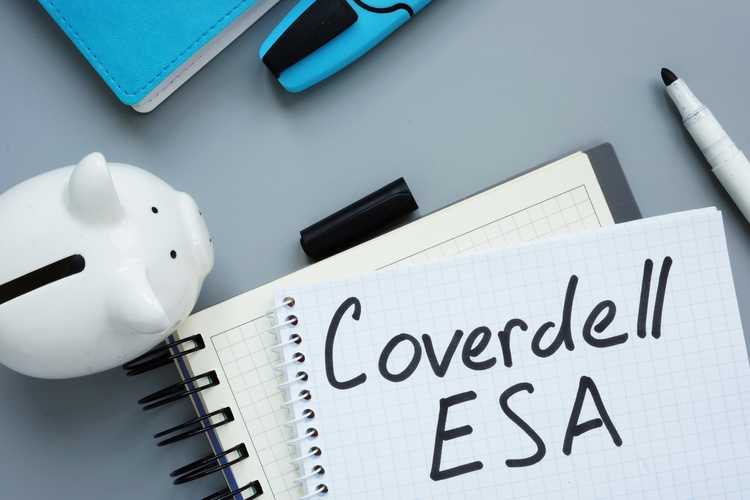Personal Finance
Advertiser Disclosure

What is a Wire Transfer?
Want to send money? Learn what a wire transfer is, including how it works and whether it’s the right method for you.

What Is Mobile Banking?
Mobile banking refers to banking services and functions that are performed on a mobile device, such as a cellphone or tablet.

Capital One Bank Review 2025
Capital One is one of the nation’s largest banks. It’s noteworthy for its lack of account fees, attractive APYs, and cafés that offer free WiFI, workspace, and account services.

Best Credit Card Processing Services for February 2025
Credit-card processing services enable businesses to accept credit and debit card payments. We’ve narrowed down the best services for businesses and what they offer.

Best Money Transfer & Payment Apps for February 2025
The top money transfer and payment apps make it easy to send money to friends and family—or pay merchants for goods and services in your country and abroad.

8 Best Jumbo CD Rates in February 2025
If you have a large sum of money to deposit in the bank, you can earn high rates with a jumbo CD. Read our list of the best jumbo CD rates to see if this savings vehicle is right for you.

Savings vs. Investing: Differences & How to Choose
Our saving vs. investing comparison explains expected returns, how they differ, their pros and cons, and which type of account you need to meet your goals.

12 Millionaire Bank Accounts in February 2025
The best banks for the wealthy offer personalized services, top-notch financial management, generous amenities, account security, and privacy.

How to Switch Banks
Switching accounts from one bank to another requires careful attention and monitoring during the transition to avoid lost deposits and missed payments.

Bask Bank Review 2025
Bask bank is an online bank that’s a division of Texas Capital Bank, and offers savings accounts and CDs.

Are CDs Worth It?
Certificates of deposit (CDs) can offer competitive rates to savers, but it's important to compare options from different banks to find the right one.

Are CDs Taxable? All You Need to Know
Interest earned by CDs is taxable, though tax payments may be delayed if they are held in some tax-advantaged retirement accounts. Learn the details of how this works.

How to Open A Savings Account: 4 Simple Steps
Savings accounts are a great option for short-term savings goals. Learn how to find and open the right account for your needs.

What Is a Coverdell Education Savings Account (ESA)?
Learn how Coverdell ESAs work, if they're right for you, and explore alternatives. Also, find out the contribution limits and income restrictions.

What Is a Demand Deposit Account?
Demand deposit accounts are a type of bank account where you can make withdrawals on demand. As a central part of most people’s finances, it’s important to understand how demand deposit accounts work.

How to Open A Bank Of America Account: Minimum Deposit and Other Requirements
You can open a Bank of America account by following these step-by-step instructions. Learn more.

How to Open A Certificate of Deposit
Opening a certificate of deposit (CD) has never been easier. You can do it online, from the comfort of your own home. Here’s what you need to know.

Best No-Penalty CD Rates in February 2025
No penalty CDs let you lock in an interest rate without worrying about early withdrawal fees, making them ideal for short-term saving goals. Learn more.

10 Best 6-Month CD Rates of February 2025
Six-month CDs can help you reach short-term savings goals. Here are the best six-month CDs to grow your money.

Best 1-Month CD Rates in February 2025
The best one-month CD rates are available through brokered CDs, though some banks and credit unions offer decent rates. We’ve reviewed the top one-month CD rates to help you earn more interest on your deposits.
1.3936.0+2.11.42
